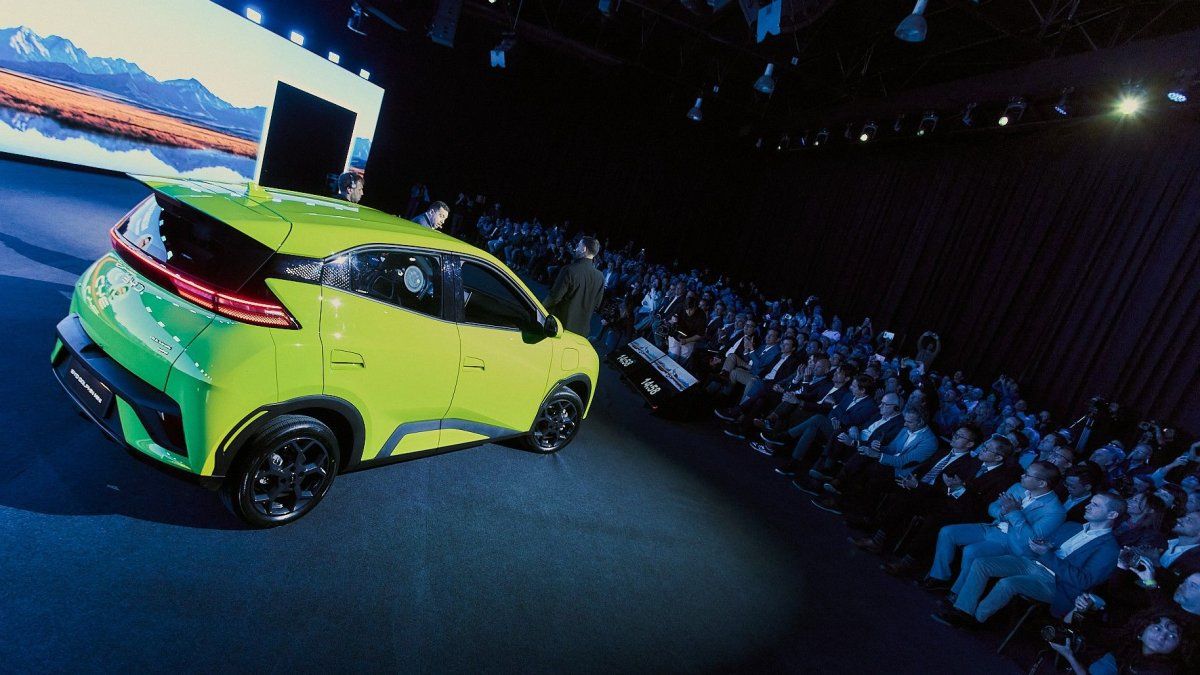This is shown by a study by the Institute for Advanced Studies (IHS) on the causes of scepticism about science and democracy. Accordingly, disinterest should not be equated with skepticism, trust in science is high and constant in this country over time, says study leader Johannes Starkbaum (IHS).
This video is disabled
Please activate the categories Performance Cookies and Functional cookies in your cookie settings to view this item. My cookie settings
Science skeptics are also often anti-democratic
At the same time, however, for decades people in Austria have shown in various surveys a low interest in science, combined with a pronounced skepticism about science. This was once again confirmed by the results of the Eurobarometer survey published in 2021. Against this background and the fact that scientific skepticism often goes hand in hand with hostility to democracy, Education Minister Martin Polaschek (ÖVP) commissioned the IHS last year to conduct a study to investigate the causes. “We want to find out the reasons why Austria has slipped so far here and find out whether the measures taken so far are not working,” said Polaschek on Tuesday when the first results were presented.
So far, the IHS researchers, together with their colleagues from Aarhus University (Denmark), have also analyzed the existing literature and quantitative data sets from various studies on the topic. These include the Eurobarometer study as well as surveys by the Austrian Corona Panel Project and the Wellcome Global Monitor. Polaschek emphasized that these first results should still be interpreted with caution, but initial tendencies are becoming apparent.
Many have little interest, but trust in science
“We can see from our data that disinterest in science in Austria is more pronounced than systematic skepticism about several areas of science and a lack of trust in science,” says Starkbaum. As proof of this, he cited Austria data from the Wellcome Global Monitor. According to this, well over 80 percent of those surveyed who are disinterested in science say that they trust science very much or at least somewhat.
High level of agreement with conspiracy myths
In the Eurobarometer study, a relatively large number of people in Austria would agree with scientifically skeptical or conspiracy theory statements, such as that climate change is of natural origin (31 percent agreement), viruses are generated in the laboratory to control the population (23 percent) or the results of the Cancer research is withheld for commercial purposes (21 percent). “But only a comparatively small group – six percent – agree with all three statements,” says Starkbaum.
Only slight differences in educational level and living situation
In general, there are differences in scientific skepticism between socio-demographic and socio-economic groups, but these are not very large. People who are less satisfied with democracy, with their own life and their economic situation, and people with less education tend to be more skeptical.
Satisfaction with democracy fell sharply
However, in all studies analyzed to date, trust in science has remained constant over time and is higher than in other areas and state institutions that were surveyed. Even during the pandemic, there was no slump here, and scientific skepticism did not massively fuel the pandemic. On the other hand, it is clear that satisfaction with democracy has decreased significantly in recent years.
FPÖ voters have little faith in science
Differences in trust in science are reflected in voting behavior: People who vote on the right-wing political spectrum tend to have less trust, and this is particularly pronounced among FPÖ voters, according to Starkbaum.
The expert emphasized that the change in the media could also play a role in the increasing skepticism about science. There is no data for Austria yet, international studies would indicate that consumers of formats that forward unsecured information, such as YouTube, tend to be scientifically skeptical.
Asked whether politics shouldn’t also have to take a stab at it, for example in view of statements like those by Interior Minister Gerhard Karner (ÖVP), who said “empiricism, science is one thing, the facts are another,” said Polaschek that such “selective statements do not play any role”, these would “flare up briefly and then disappear again”. Starkbaum’s personal opinion on this: “Such interjections are not beneficial at the end of the day.”
The final results of the study are to be presented in August at the European Forum Alpbach. Polaschek already presented a “ten-point program to strengthen trust in science and democracy in Austria” last autumn. The planned measures include setting up a central office for communicating science and democracy, as well as a database for relevant offers. In addition, scientists should go to schools as ambassadors of their field and incentives should be created for researchers to become more involved in communicating science and democracy.
more from domestic politics
Presidential New Year’s appeal between impatience and purposeful optimism
Austro-Bulgarian relaxation
Tursky announces further 400 million euros for broadband expansion
Medical association wants to reorganize hospital financing
My themes
For your saved topics
found new items.
info By clicking on the icon you add the keyword to your topics.
info
Click on the icon to open your “My Topics” page. They have of 15 tags saved and would have to remove tags.
info By clicking on the icon you remove the keyword from your topics.
Add the theme to your themes.
Source: Nachrichten




